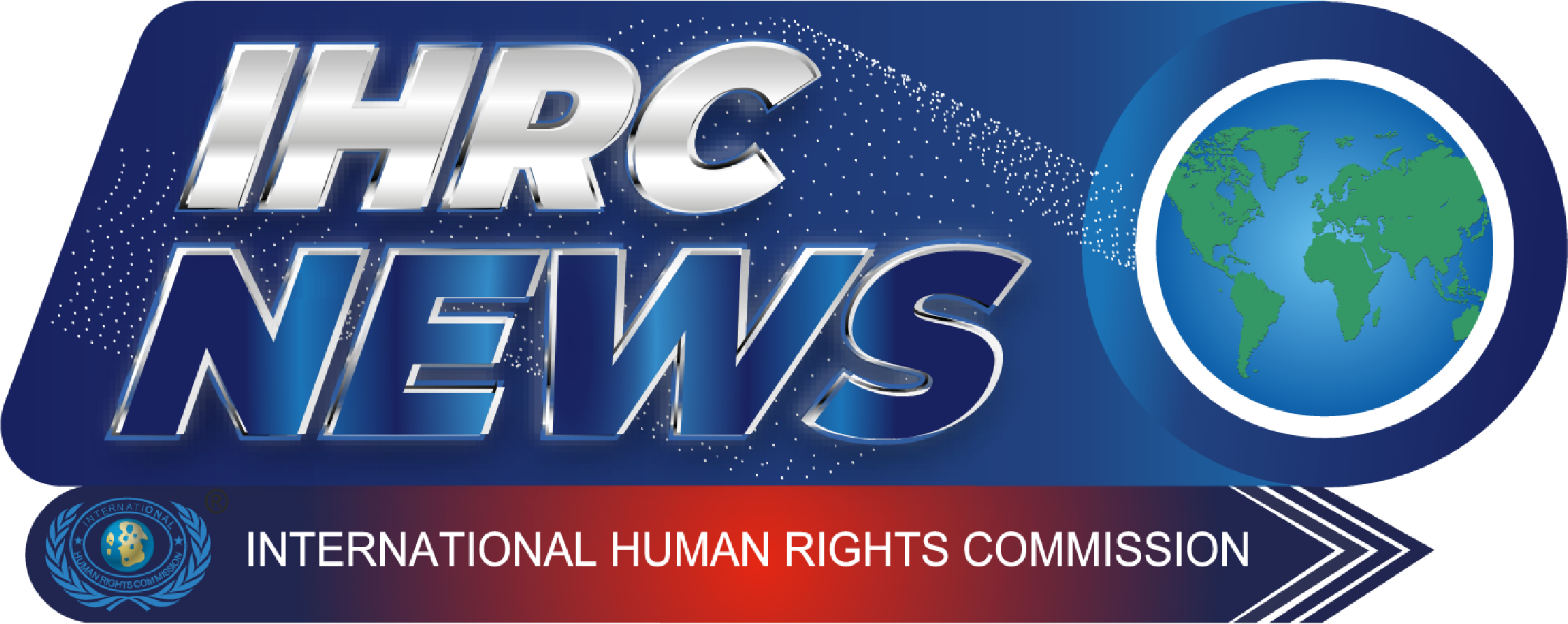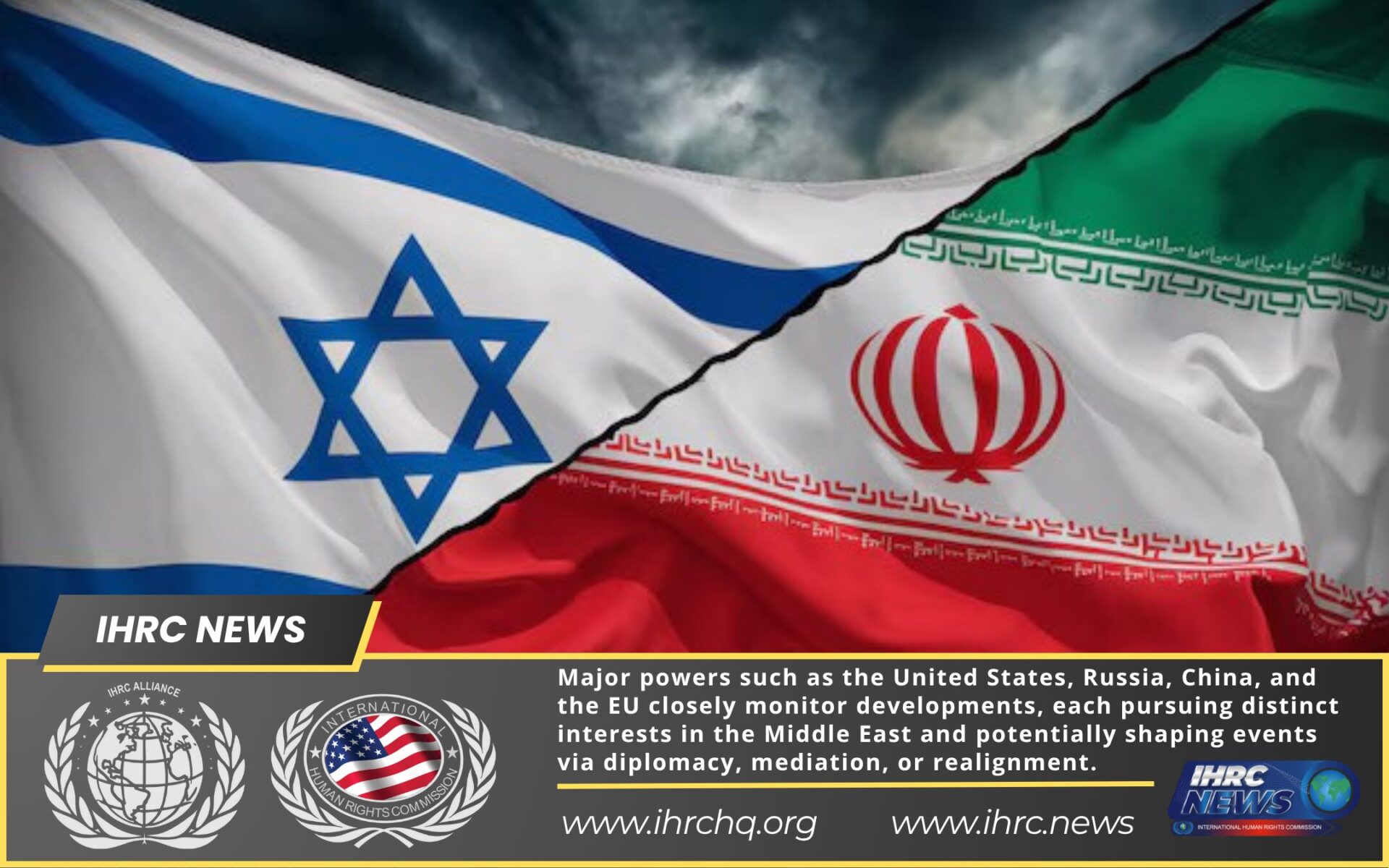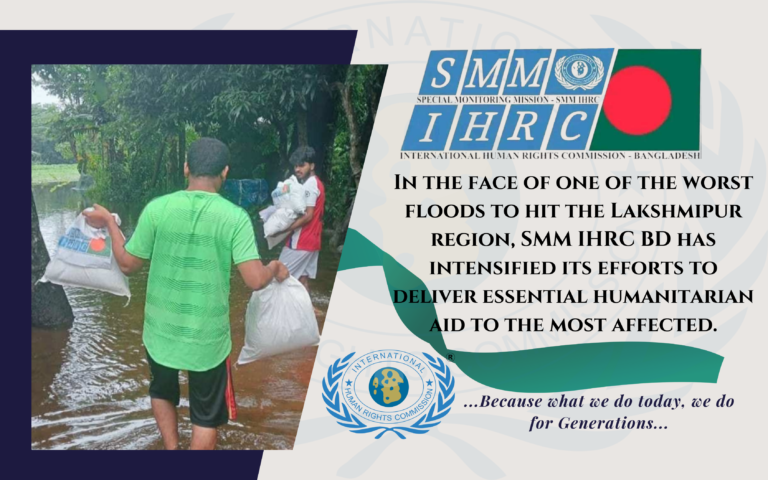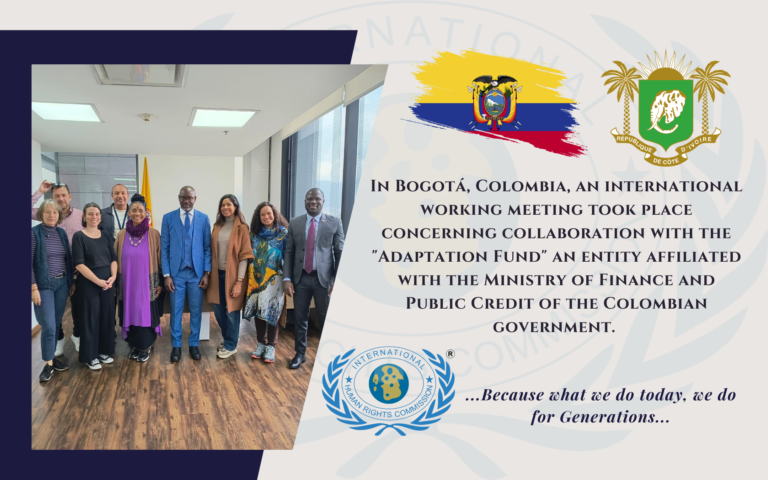Expert Commentary and Implications for International Stability
Date: 13 June 2025
Background
The latest reported Israeli attack on Iran represents a significant escalation in an already volatile regional dynamic. Tensions between these states have persisted for decades, driven by ideological rivalry, proxy confrontations, and enduring disputes over Iran’s nuclear ambitions versus Israel’s national security concerns.
Strategic Motivations
- Israel frames such actions as preemptive or defensive operations, seeking to disrupt Iran’s military infrastructure—especially those linked to nuclear programmes or proxy groups (notably Hezbollah).
- Iran perceives these acts as direct aggressions and violations of its sovereignty, responding with heightened rhetoric and, at times, limited military actions.
International Law and Diplomacy
- International law stipulates that attacks on sovereign states are only justified in cases of clear self-defence or UN Security Council authorisation. Any deviation is generally deemed a breach of international norms.
- The UN, European Union, and other neutral actors have consistently called for restraint, warning that ongoing hostilities risk sparking broader regional destabilisation.
Risks of Escalation
- An Iranian retaliatory strike could trigger a wider conflict, potentially drawing in the United States, Gulf states, or other major actors.
- Alternatively, the situation could devolve into shadow warfare—including cyber operations and proxy attacks—sustaining a perilous tit-for-tat cycle.
Internal Pressures
Both governments face notable domestic political pressures. While military engagements may galvanise national unity or distract from internal crises, they also heighten the risk of economic and social instability if prolonged.
Global Stakeholders
- Major powers such as the United States, Russia, China, and the EU closely monitor developments, each pursuing distinct interests in the Middle East and potentially shaping events via diplomacy, mediation, or realignment.
- The international community is particularly concerned with the potential for oil market volatility, refugee flows, and an increased risk of nuclear proliferation.
Outlook: Where Could This Lead?
Key scenarios include:
- De-escalation through diplomatic mediation by states such as Qatar, Turkey, or Oman.
- Continuation of covert or cyber conflict, prolonging instability without direct warfare.
- Unintended escalation leading to a wider regional—or even global—crisis.
“Absent immediate, coordinated efforts towards de-escalation, accountability, and international mediation, the risk of conflict intensification remains high. Both parties—and the global community—stand to lose immeasurably more through confrontation than through negotiation.”
Author:
Mohsin Durrani
Editor-in-Chief, IHRC Press Department – Asia Region
Ambassador-at-Large to Pakistan
Special Envoy and Head of the Diplomatic Mission









I support human rights actions on this matter
There’s no reason under any guise to escalate conflict in the Middle East. The geographical politics of the Middle East is critically entangled with tensions and suspicion. Diplomacy remains the only reasonable approach to conflict management in the Middle East.
I support human rights actions of this purpose.
I condamne israel attacs
I support humsn rights actions fof this purpose